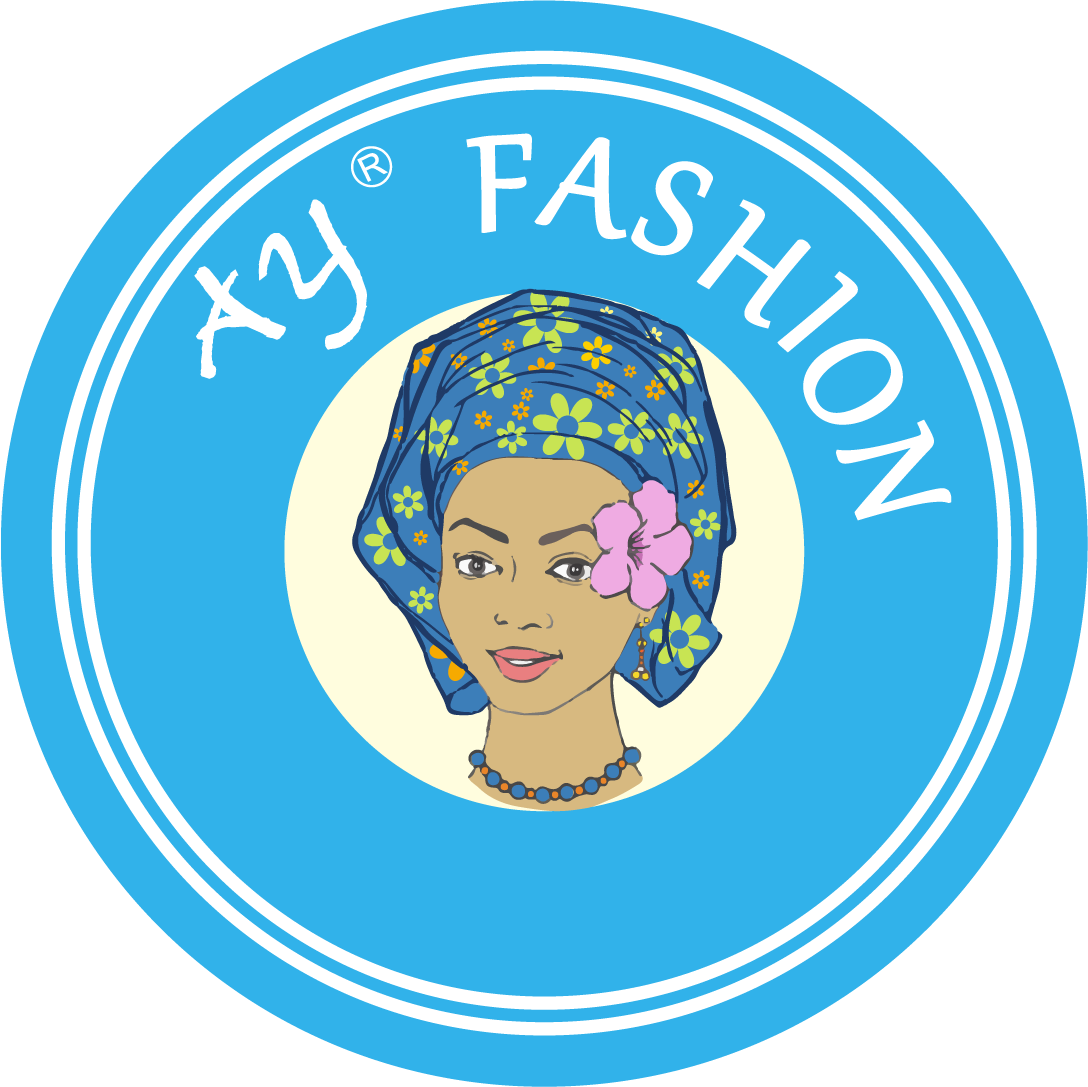Trend analysis丨Is sustainable clothing a marketing gimmick or is it real?
Release time:
2022-10-18
Many research studies have shown that shoppers prefer environmentally conscious brands and are willing to pay more for sustainable products. The Retail Industry Leaders Association (RILA) reports that 93% of global consumers expect brands to support social and environmental issues.
But research shows that sustainability is not the number one factor influencing consumer decisions. After all, price costs are more intuitive than abstract sustainability.
Brands and retailers tout their environmental practices in a myriad of ways, such as supplier relationships, ecological footprint, product materials, product packaging, and more. But these packaging won’t necessarily serve the purpose, and actual sustainability efforts are likely to be seen by consumers as a marketing ploy.
excess inventory
About 10% of global greenhouse gas emissions come from clothing. Many manufacturers, especially high-end brands, choose to burn dead stock directly rather than sell it at a discount. While the practice has been curbed, garment manufacturing, supply chain, and shipping of returns all take a toll on the environment.
Swedish fashion manufacturer and retailer H&M touts the brand's sustainability attributes, creating an "Environmentally Conscious Action" collection of clothing that uses recycled polyester and plastic, organic cotton, linen, silk, and sustainably produced wood pulp, among other fabrics. Customers can also recycle clothing at H&M stores for discounts on shopping.
However, H&M's fast fashion business model relies on quick inventory turns, with new garments arriving in stores about every two weeks. Three years ago, H&M stockpiled $4.3 billion worth of sluggish inventory, and its solution was to send it to a power plant in Västerås, Sweden, for incineration.
The subscription box business model is primarily geared towards women, who can be regularly packaged with carefully curated products, keep the products they want, and return the rest for free. The packaging and shipping of these returned products cause enormous damage to the environment.
Examples of sustainable clothing
- Eileen Fisher is a women's fashion brand with B Corporation (B Corporation) certification and Fairtrade certification, and is committed to fair wages in its factories. The brand has several clothing initiatives around recycling and recycling.
- Levi's is committed to reducing the use of chemicals and water in its manufacturing process. The production of jeans consumes a lot of water, but Levi's new series "Water<Less", reduce the normal production water consumption by 96%. Levi's is committed to sustainability throughout its design and production processes, such as using 100% sustainably sourced cotton and recycling old jeans to make home insulation, among others.
- Patagonia not only uses sustainable materials in its clothing, but also provides clothing repair services to its customers. Patagonia adheres to fair trade principles and closely monitors its supply chain to keep workers, consumers and the environment safe. Its goal is to find solutions to environmental problems without causing unnecessary harm to the world, and to encourage customers to recycle and buy used products.
- UK-based People Tree, which has been working with fair trade artisans and farmers in third world countries for over 20 years, uses organic and biodegradable materials to produce a range of eco-friendly clothing that is PETA (People for the Ethical Treatment of Animals) certified.
- Sézane is a French womenswear manufacturer committed to fair labor standards, the use of natural materials and the recycling of packaging, using renewable energy and achieving as little waste as possible.
- Tentree, a Canadian apparel brand, is a certified Type B business that uses only recycled organic materials such as cork, coconut, and recycled polyester. The company will plant 10 trees for every item sold, and has already reforested more than 5,000 hectares of land, with the goal of planting 1 billion trees by 2030.
Sustainability Standards
Verification such as Type B corporate certification can prove the company's sustainable development attributes.
Certified B-type companies focus on social and environmental benefits and have open and transparent standards. B lab is a non-profit organization that issues B-type business certification to for-profit organizations and provides a directory of 4,000 B-type businesses worldwide.
Good on You rates how businesses treat contractors, employees, animals and the planet.
Related news

